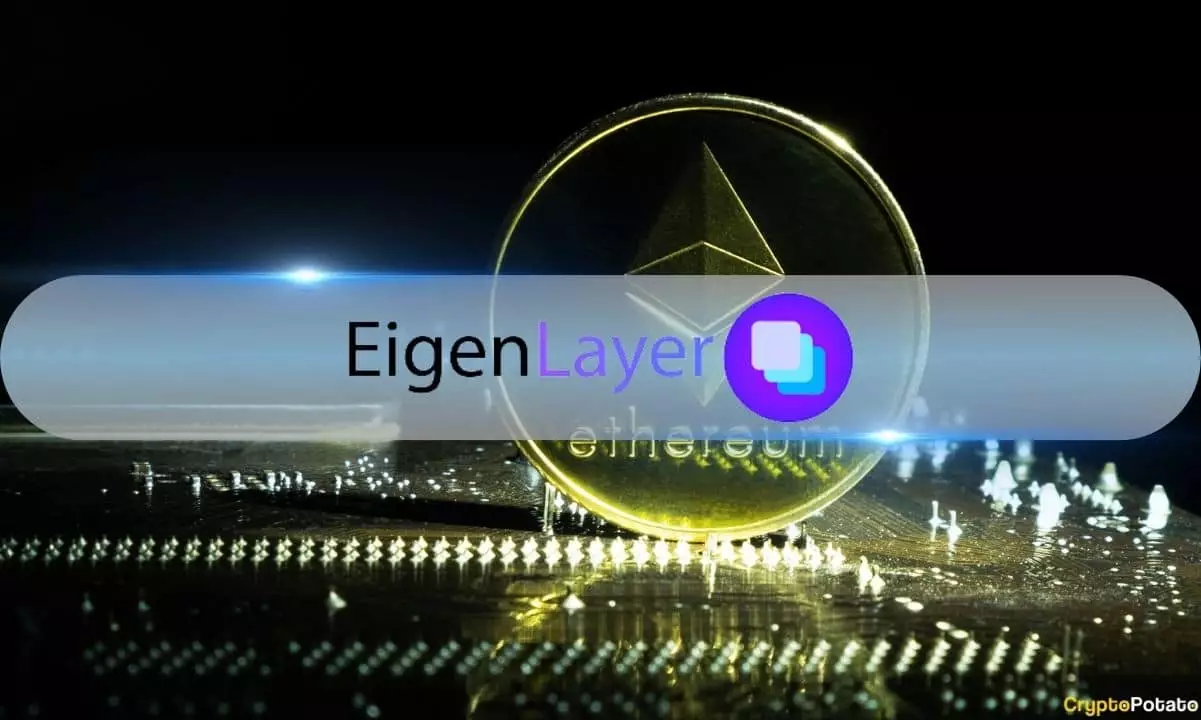In the ever-evolving landscape of blockchain technology, protocols must adapt rapidly to ensure stability and reliability. EigenLayer, a prominent player in Ethereum’s re-staking scene, has taken a groundbreaking step with the introduction of its second EigenLayer Improvement Proposal (ELIP-002). This new proposal aims to enhance operational accountability while fostering an environment characterized by trust and compliance among its users. By pinpointing the nuances of slashing, Unique Stake, and Operator Sets, the framework intends to mitigate risks linked with service failures and operational deficiencies.
At the heart of ELIP-002 lies the innovative slashing mechanism, which functions as a deterrent against neglectful behavior within the network. By imposing penalties on operators who fail to meet their service commitments—such as malfunctioning applications due to computational errors or prolonged downtime—EigenLayer seeks to establish a culture of responsibility. This strategy is not merely punitive; it encourages operators to uphold stringent operational standards. Additionally, the Unique Stake concept introduces a tailored approach to penalties, enabling Application Verification Services (AVSs) to assign stakes that reflect the severity of an operator’s infractions. This ensures fairness in treatment and fosters a sense of accountability.
The introduction of Operator Sets represents another pivotal element of ELIP-002. By categorizing operators into manageable groups, the proposal streamlines the enforcement of slashing protocols, simplifying the overseeing process and ensuring smooth integration of these measures across different service applications. This hierarchical approach not only enhances operational efficiency but also empowers AVSs to enforce compliance in a structured manner, thereby increasing the robustness of the entire EigenLayer ecosystem.
EigenLayer’s forward-thinking initiative also encompasses community involvement through the solicitation of feedback. The call for opinions on the proposal exemplifies a commitment to transparency and collective engagement, allowing stakeholders to contribute to the refinement of the strategy. By actively inviting community comment, EigenLayer reinforces its dedication to aligning the proposal’s goals with the expectations and needs of its users, ultimately promoting a trustworthy atmosphere within its decentralized architecture.
This proposal gains additional significance against the backdrop of the burgeoning restaking model, which is proving crucial for blockchain security. With this strategy, protocols can leverage restaked assets rather than the issuance of new native tokens, significantly lowering entry barriers for decentralized applications (DApps) while sparking innovation. EigenLayer’s leadership in this space is underscored by its substantial contribution to the total value locked (TVL) across restaking protocols, currently standing at over $18 billion, thereby solidifying its footprint within the market.
Beyond the immediate enhancements detailed in ELIP-002, EigenLayer’s commitment to strengthening Ethereum’s security is commendable. The proposal aligns with broader strategic goals, including the recently announced pledge of 1% of its EIGEN token supply to the Protocol Guild. This collective—which comprises over 180 experienced developers from 29 teams—dedicates itself to critical Ethereum Layer 1 research and development, ensuring the resilience and sustainability of the network. As EigenLayer continues to innovate and adapt, the implications of ELIP-002 may well resonate across the broader blockchain ecosystem, setting a new benchmark for reliability and trustworthiness in decentralized networks.


Leave a Reply